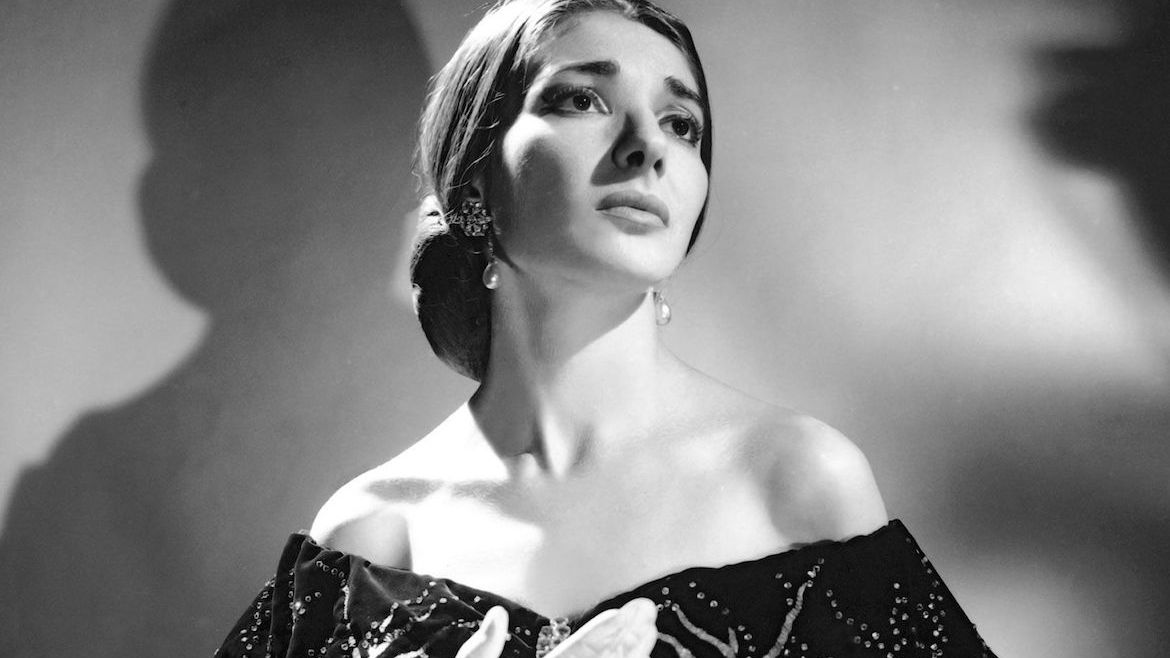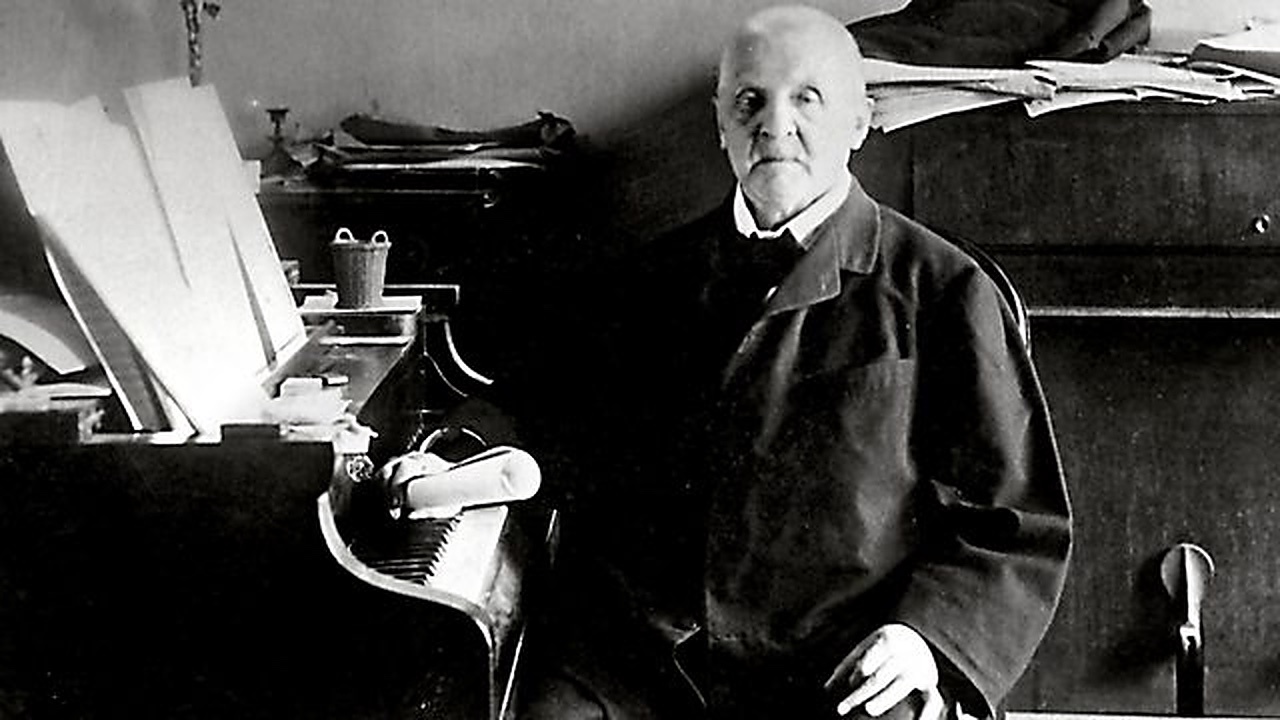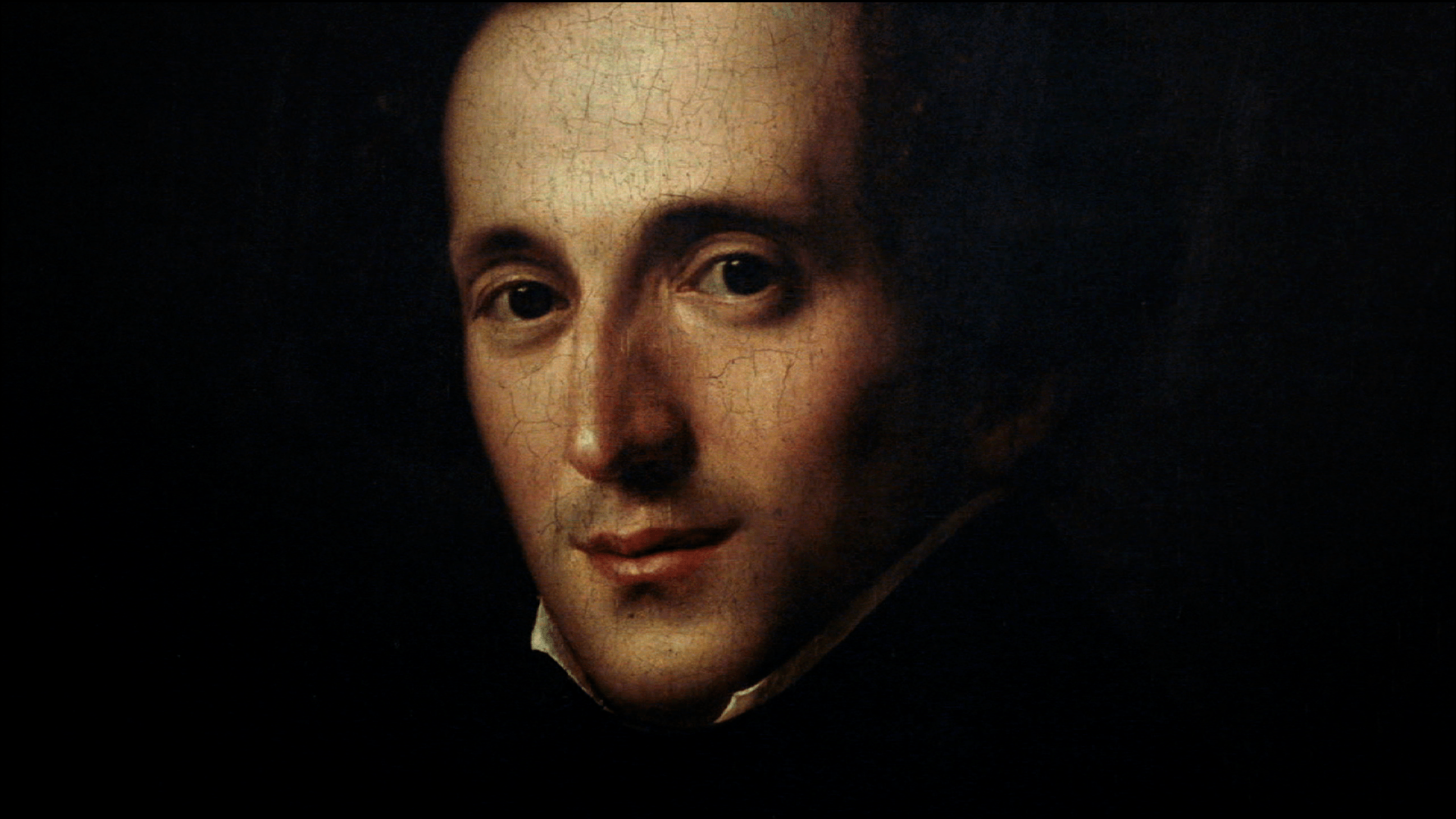Saint-Saëns’ Most Seductive Aria: An Excerpt from “Samson and Delilah”
My heart opens to your voice like the flowers open to the kisses of the dawn. With these alluring lines, Delilah attempts to seduce Samson with the goal of tricking him into revealing the secret of his strength. Danger and betrayal mix with sensuality in this famous mezzo-soprano aria, Mon cœur s’ouvre à ta voix, from the second act of Camille Saint-Saëns’ 1877 opera, Samson and Delilah. Delilah’s trap is a deceitful attempt to lure Samson …







